
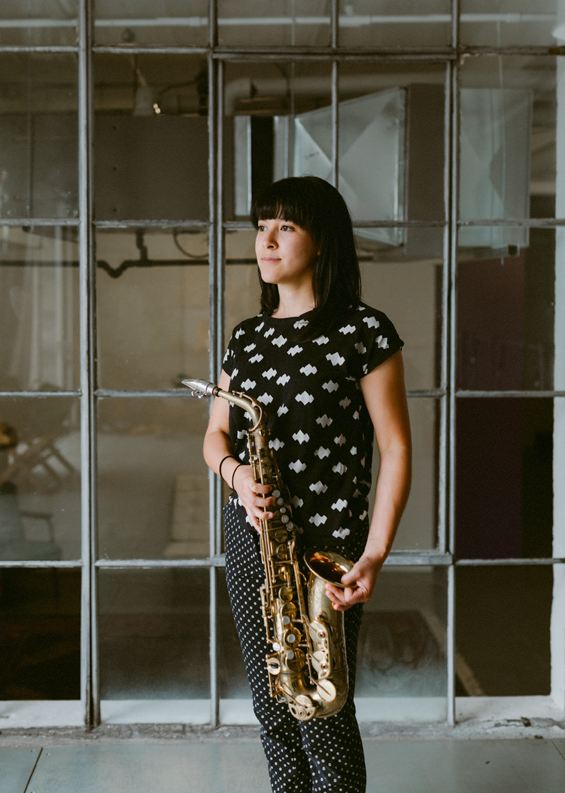
FIVE QUESTIONS WITH ALLISON AU
Toronto-based alto saxophonist Allison Au has received considerable acclaim for her quartet with pianist Todd Pentney, bassist Jon Maharaj, and drummer Fabio Ragnelli. In 2016, the group, formed by her in 2009, was awarded a Juno in the “Best Jazz Album of The Year: Group” category for Forest Grove and was nominated in the same category for its superb 2019 release Wander Wonder. As splendid a showcase as the quartet is for her playing, composing, and arranging gifts, Au also has established herself as a valued contributor to other artists' outfits. Recently, for example, she helped elevate releases by bassists Mark Godfrey and Robert Lee, each of whom sang her praises when asked about her contributions to their projects. Godfrey, who played with her in pianist Teri Parker's quartet before recruiting her for his own outfit, said, “Having Allison in the band was a no-brainer for me. The way she improvises draws in listeners and fellow band members alike, and, being such a strong composer, she approaches melodies and soloing from that headspace to really bring the music to life.” Equally lavish in his assessment, Lee said, “From her sound to the intricate and melodic lines in her improvisations, Allison helped raise the music on my debut album to new heights and beyond.” textura had a chance to speak with Au recently to find out how she's surviving the pandemic, what she's working on, and her approach to soloing, among other things.
1. The obvious first question has to do with COVID-19. What impact has the pandemic had on you professionally and personally? And how has it affected you creatively, if it has?
Like all of my peers, locally and internationally, I've lost all of my performance work for the foreseeable future. It's weird to realize that many of us don't know when we'll be able to perform again for a live audience in person. I'm fortunate to have some teaching work still, so I've managed to stay afloat financially. But I do feel like a big piece of my life is currently missing. The pandemic has made me feel isolated and alone at times, but those are fleeting feelings, and overall it hasn't had a large negative impact on me creatively. I'm practicing a lot these days, and creating goals and mini projects to work on. It's been a blessing in disguise as it's given me a lot of time to find new inspiration.
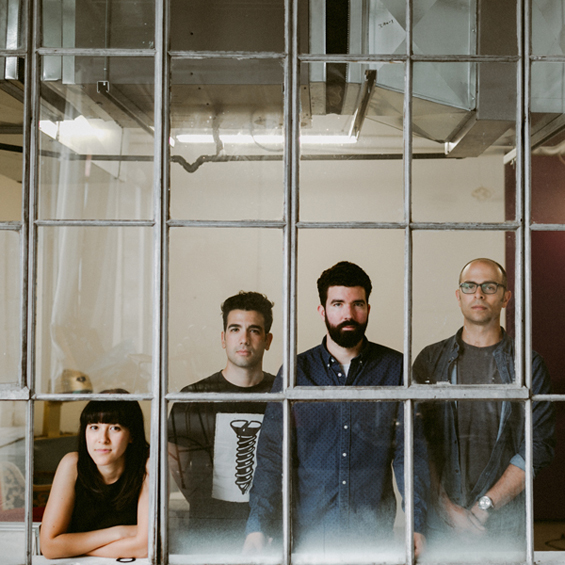
Allison with quartet members Fabio Ragnelli (drums), Todd Pentney (piano), and Jon Maharaj (bass)
2. The most recent release by your quartet, Wander Wonder, came out in early 2019. Is there a follow-up in the works and what might we expect from it? In what ways does the experience of leading your quartet differ from playing as a member of another's band?
Yes, I'm currently writing new music for an ensemble I premiered in January at Koerner Hall for the 21C Music Festival. It's an expanded version of my band, featuring my quartet along with vocals, strings and vibraphone. I'm hoping to record the music within the next year, provided the quarantine is somewhat lifted, permitting musicians to gather together in a room again.
As a leader, I have many more responsibilities for my own project, versus serving in the role as a side-person. There's a lot more administrative work involved as a bandleader, like writing the music, organizing rehearsals, and booking gigs and tours, but I love every minute of it. It never ceases to keep me motivated.
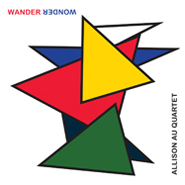
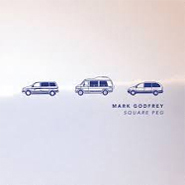
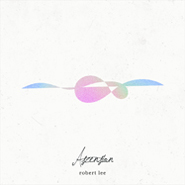
3. Your alto saxophone playing is one of the best things about the recent albums by Mark Godfrey (Square Peg) and Robert Lee (Ascension) on which you appear, and you also recorded with Teri Parker on her 2017 debut album In the Past. When you're set to play on another artist's session, do you prepare yourself before entering the studio in a particular way, depending on who the artist is?
Thank you so much for your kind words! That really means a lot! I don't think I have a unique process. I just try to learn the music at hand and immerse myself in the sound of each piece before the recording. It's always easier for me to find that head space when an ensemble has been performing intensively together in the weeks/months leading up to a session. But musicians don't always have that luxury, so I've made more of an effort to dive in to the music faster with certain bands. And in this light, it just means practicing the music as much as I can before the session, looping musical sections in my mind, and trying to think about the music away from my instrument as well.
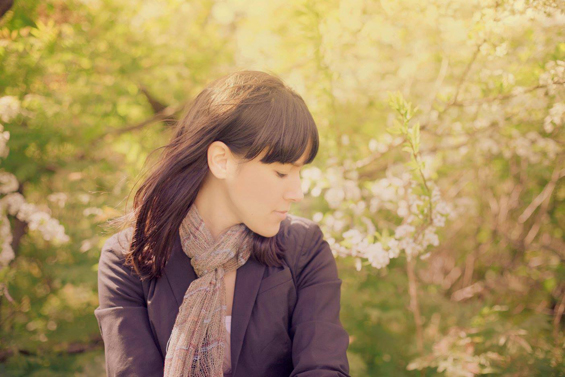
4. I'm wondering if you'd mind analyzing a bit how you go about creating a solo and would like to use the beautiful, minute-long turn you take three minutes into the title track on Lee's Ascension as an example. There's a distinct arc and build to the solo, and the patterns, especially when delivered in your clear, bright tone, make a strong impact (a subsequent episode featuring you trading off with vocalist Caity Gyorgy is a highlight, too). Could you talk a bit about how you went about constructing that solo, whether it was mapped out beforehand, for example, or whether it spontaneously arose during the performance? Do you have favourite solos by other saxophonists that you've studied and been influenced by?
So glad you've been enjoying the music! To answer your question: I didn't map the solo out beforehand. It was purely spontaneous. In general, I try to build my solos as organically as I can. Typically, I do try to leave some space at the beginning to let myself hear how and when things should build, and in what way. Sometimes it's the dynamics that change, while other times it may be density of notes, or the intensity of the sound/texture I'm intending to create. But it's always different and depends on my mood or what I'm hearing that day. This is what I love about improvising; it's always different and I always have to be ready to channel whatever I'm feeling that day.
There are lots of solos that I've studied and that I've been influenced by. At the moment, I'm transcribing a few solos by John Coltrane. It's wonderful to try to get into the head space of a tenor saxophone player, via the alto. But in the past, I've frequently gravitated towards and revisited solos by players like Herbie Hancock, Joe Henderson, and Sonny Rollins. They are all incredibly thematic in their approaches, and I really love hearing that in an improviser.

5. You've solidly established yourself as a Canadian jazz artist, both as a solo artist, bandleader, and go-to player for other jazz musicians. Given how much American cities such as New York and Chicago are regarded as pre-eminent jazz centres, do you feel any kind of lure to uproot and establish a foothold outside the Canadian scene?
Yes, I'm always dreaming about different cities to check out in more depth, and perhaps live in for some amount of time. As a native Torontonian who also attended college locally, I feel that living in a different city is one thing I haven't had a chance to do.
I'm definitely interested in spending more time in both Chicago and New York, but with the current crisis, I'm not sure when that will be possible. In fact, I had plans to be in New York for a short trip in May, but I've since had to cancel everythin! Europe, of course, always beckons, as there are so many incredibly cities there too, with equally amazing music scenes. Hopefully, when things get a little closer back to normal, I'll have a chance to make some new plans.
web site: ALLISON AU
May 2020![]()